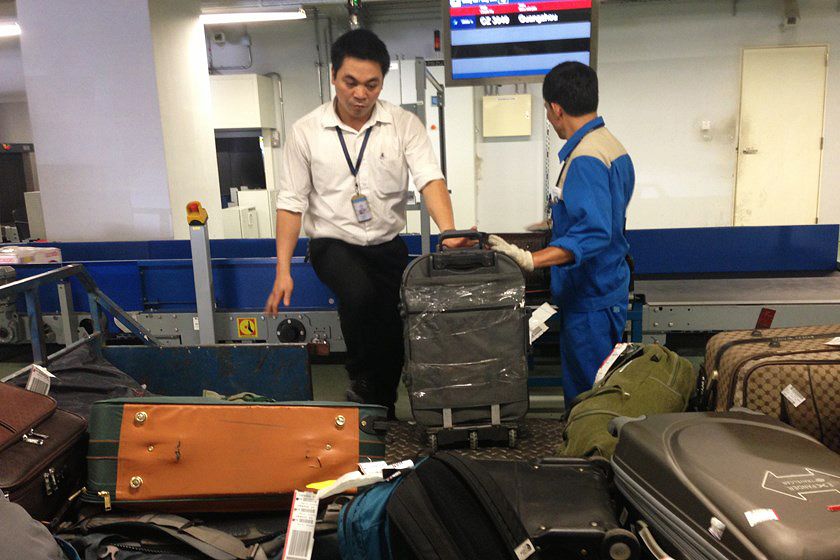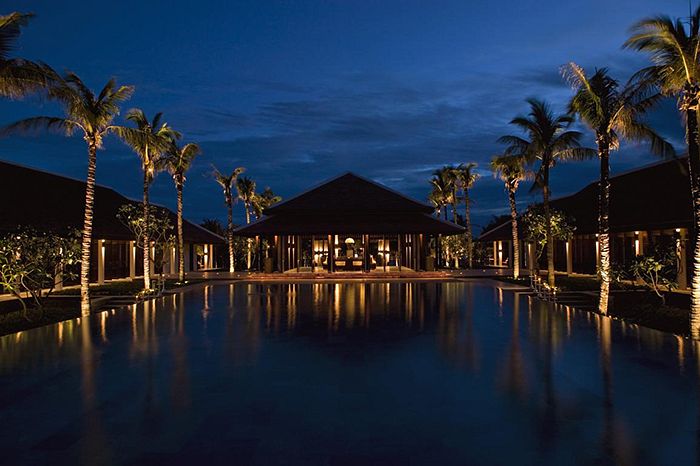Putting an end to cruel elephant rides, Yok Don National Park invites visitors to observe the animals in their natural environment going about their daily lives.
Released from their chains earlier this month, four elephants are now free to roam Vietnam's largest national park in Dak Lak Province. In July, the park officially stopped using them for rides, so the next logical step is bringing them closer to living rich and fulfilling pachyderm lives which guests can observe from afar. Because they have been habituated to human contact, they can never completely return to the wild, however.
Before being liberated, the elephants were frequently chained to trees without access to water, made to carry heavy loads and not allowed to engage in the normal social behaviors unique to their species. The disastrous aspects of training elephants to carry humans include taking them from mothers at a young age, putting them through cruel training known as "breaking" and denying them adequate nutrition, exercise or communal interaction.
The move reflects a trend towards more considerate treatment of elephants in sanctuaries across Southeast Asia. Places that promote rides, painting and performances are increasingly coming under criticism while those committed to ethical treatment are being lauded.
“This project has entirely changed the lives of the elephants at the park and it also provides a much better experience for the tourists. Exploitation has been replaced with respect, and if successful it’s a model we could see spread across the country. They all look so much healthier and are increasingly confident in how far they roam,” said Dionne Slagter, Animals Asia’s animal welfare manager.
Animals Asia was instrumental in the park's evolution. They gave the national park US$65,000 to support the transition towards elephant watching tourism from July 2018 to July 2023. Moreover, UK charity Olsen Animal Trust has offered to cover any initial losses so the park's new plans so they don't have a negative impact on the local community or employees who see the rides as the most lucrative option in a poor area of the country.
While its certainly a move in the right direction, the condition of elephants in Southeast Asia is still dire and deteriorating in many ways. Around 77% of captive animals in the region are held in inadequate conditions while Thailand has seen a 30% rise in elephants at tourist locations since 2010. In Vietnam, there are estimated to be less than 100 individuals, down from an estimated 2,000 in the 1980s and new threats to their survival are arriving every day, including a new trend in using their tail hail for jewelry.
Advocates say to help the situation, tourists who witness inhuman treatment should leave vocal reviews while reporting instances to distant operators that might not be aware.














